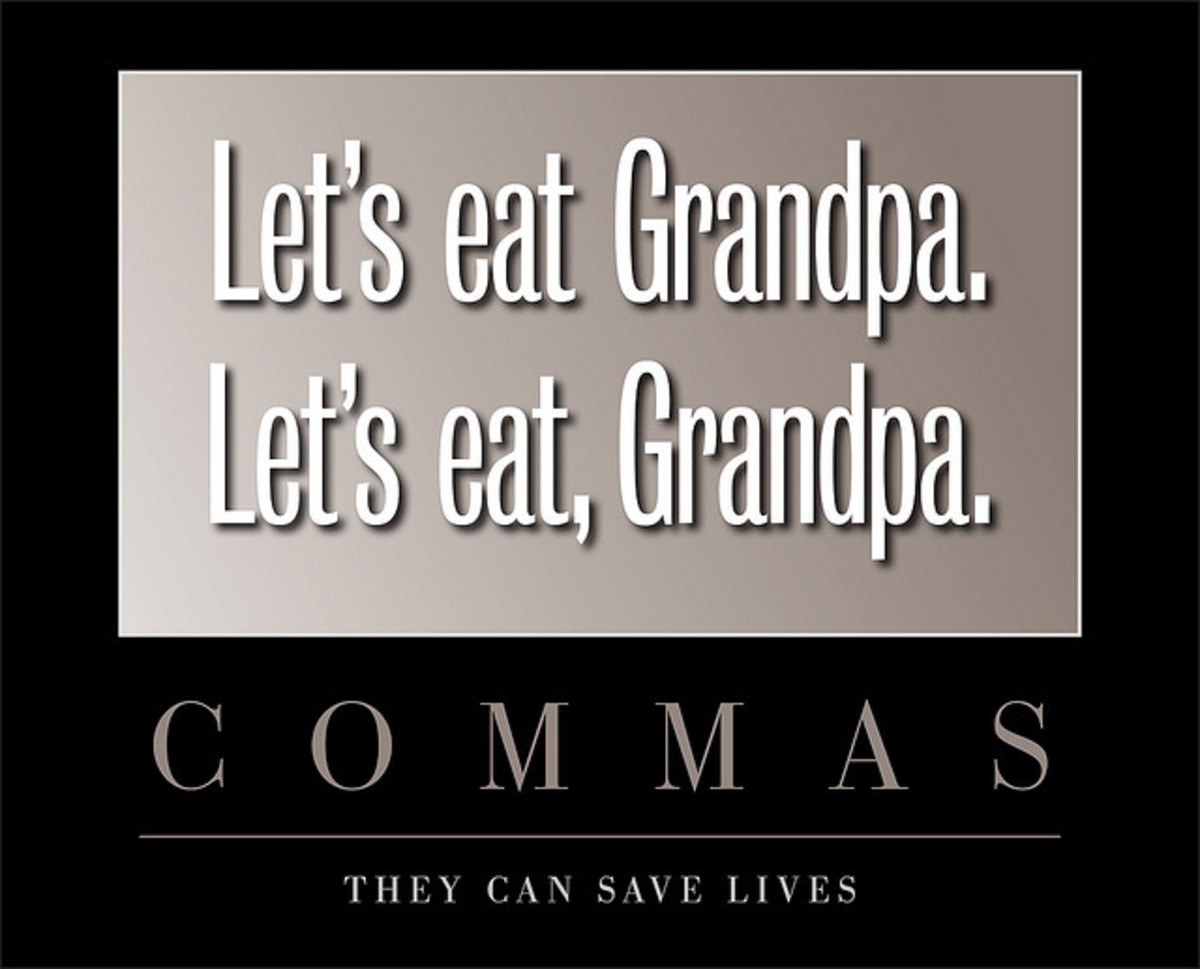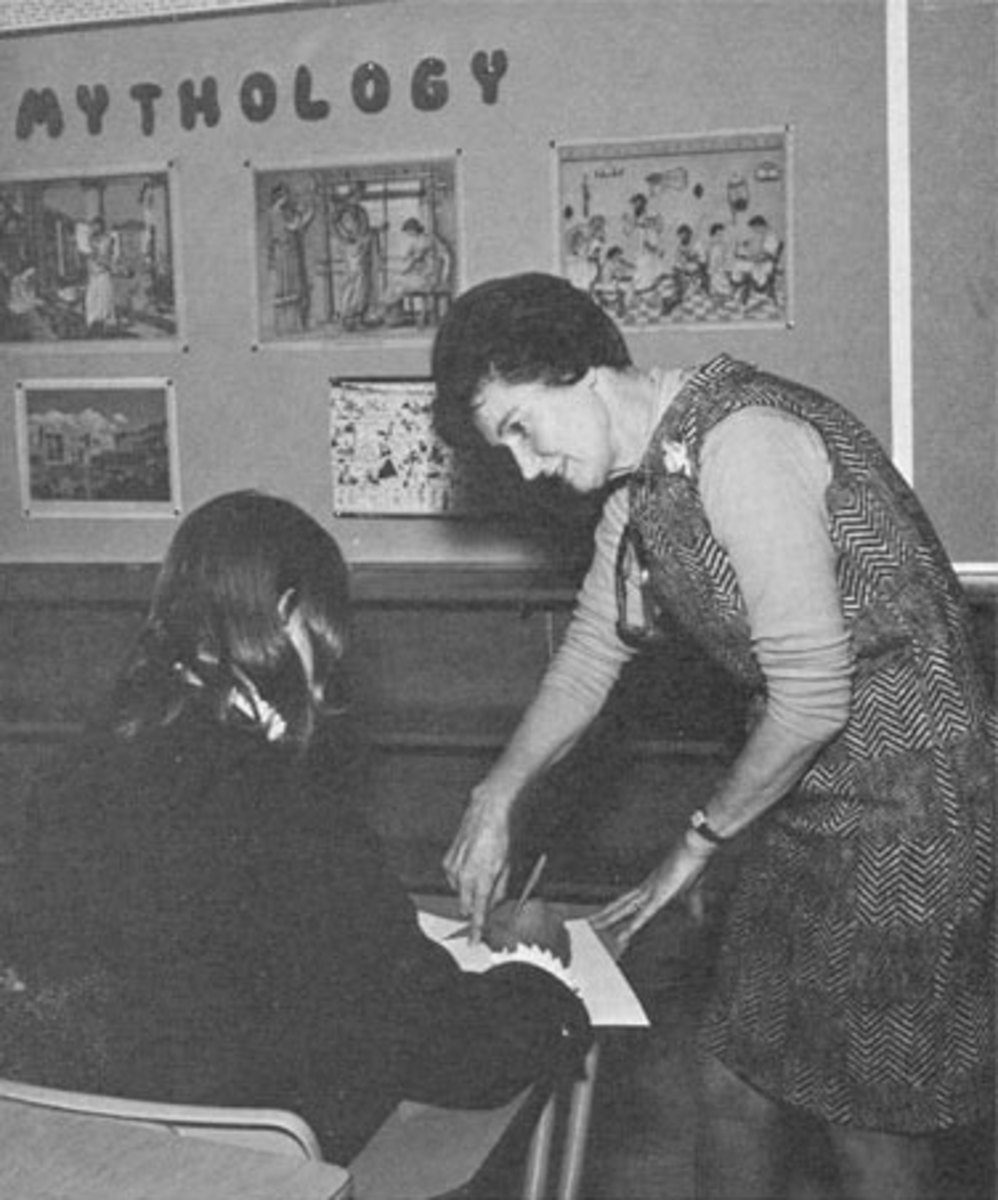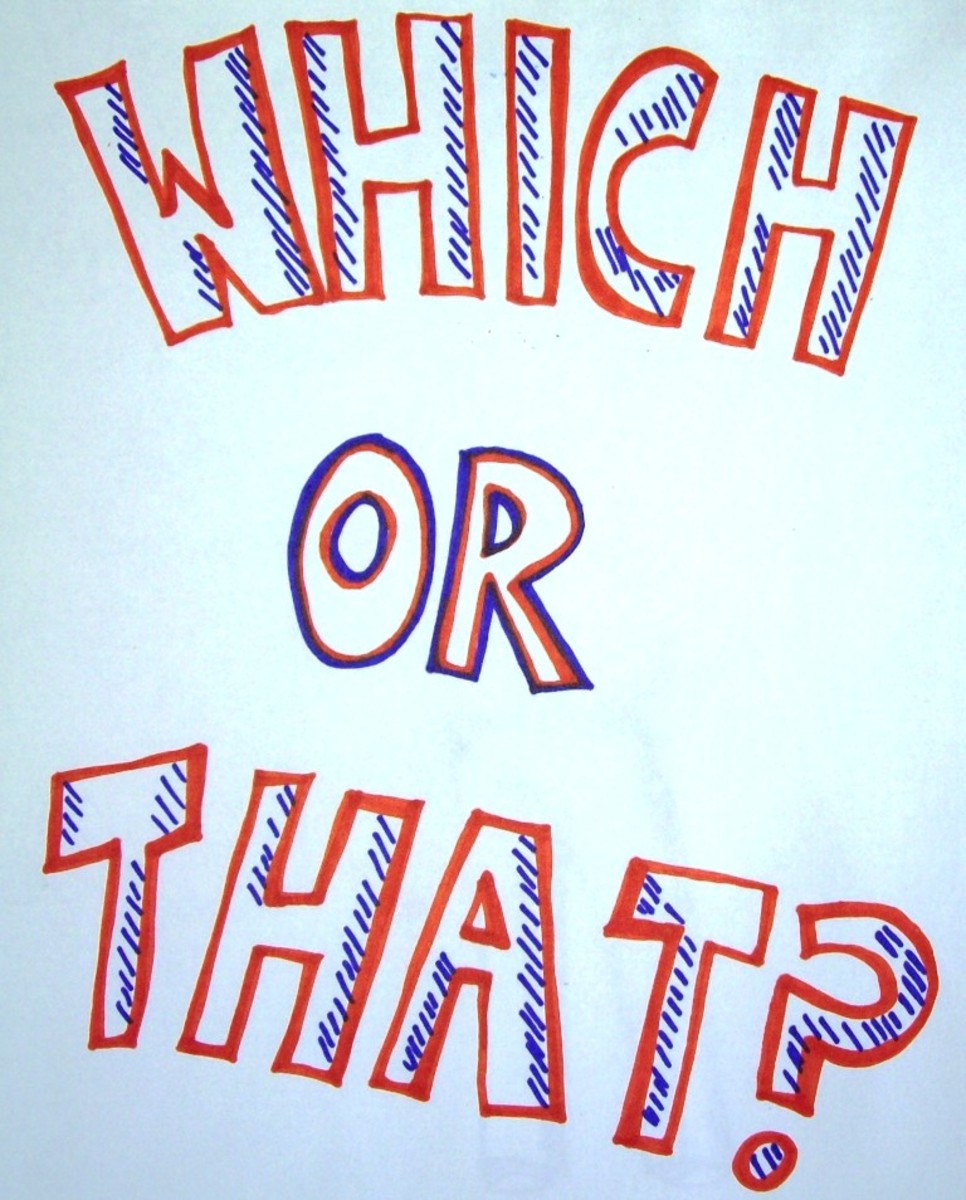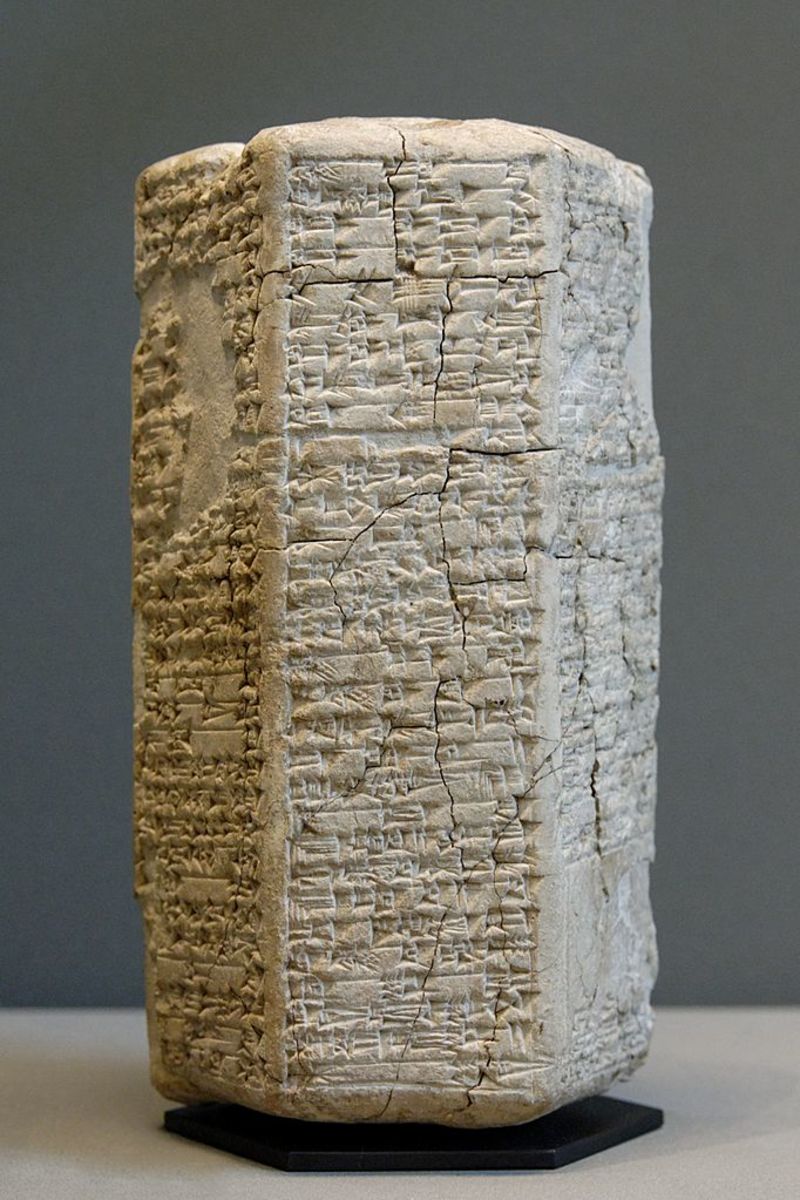Recognize a Clause when you see one!
Clauses are group of words that contain a verb and a subject. A good understanding of clauses will help improve your writing and speaking. Clauses add description, show relations between ideas, and remove needless words. Clauses improve written and verbal communication by adding specifics and make meaning more precise. A clause can be its own sentence or part of a large one. There are two basic kinds of clauses
An Independent or a Main Clause has a verb and a subject and it can stand on its own, aiding as a complete sentence. The main fact to remember is that every sentence must have at least one main clause.
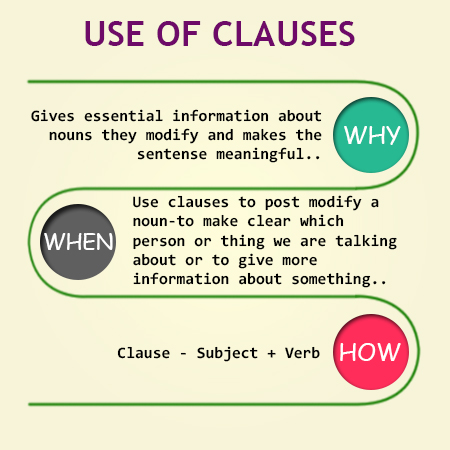
Examples on Clauses
A main clause follows Subject + Verb = Complete
Example: My dog loves pizza crusts.
Where, Dog is the subject and Loves is the Verb
A Dependent or Subordinate Clause has a verb and a subject but it cannot stand on its own. It needs an independent clause.
A subordinate clause follows Subordinate Conjunction + Subject + Verb = Incomplete
Example: Because my dog loves pizza crusts
Where, because is the subordinate conjunction, Dog is the subject and Loves is the Verb
An independent or a main clause can show a complete thought and can be an individual sentence. A dependent clause is a supporting part of a sentence, and it cannot stand by itself as a meaningful idea.
A Clause can act as a Noun, an adverb or an adjective
Adjective or Relative Clause: A relative clause begins with a relative pronoun such as whose, whom, who, which or that or a relative adverb when, where, or why and cannot stand alone as complete sentences and must be connected to the main clause in order to finish the sentence.
A Relative clause follows
- Relative Pronoun or Adverb + Subject + Verb = Incomplete
Example: Whom Mrs. Jayson hit in the head with a sketch eraser
Where, whom = relative pronoun, Mrs. Jayson = subject, hit = verb
- Relative Pronoun as Subject +Verb = Incomplete
Example: Where he chews and drools with great enthusiasm
Where = relative adverb, he = subject, chews and drools = verbs.
Noun Clause: Clauses that functions as a noun becomes a noun clause. No commas are used with noun clauses.
Example: I cannot remember what I said last night.
Where, what I said last night = Noun Clause
Adverbial Clause: Adverb clauses that come before the independent clause are tailed by a comma, but if they come after the independent clause, no comma is used.
Example: He lost his tummy after he gave up beer.
Thus Clauses as we understand is a collection of words that has a subject that is actively doing a verb.

